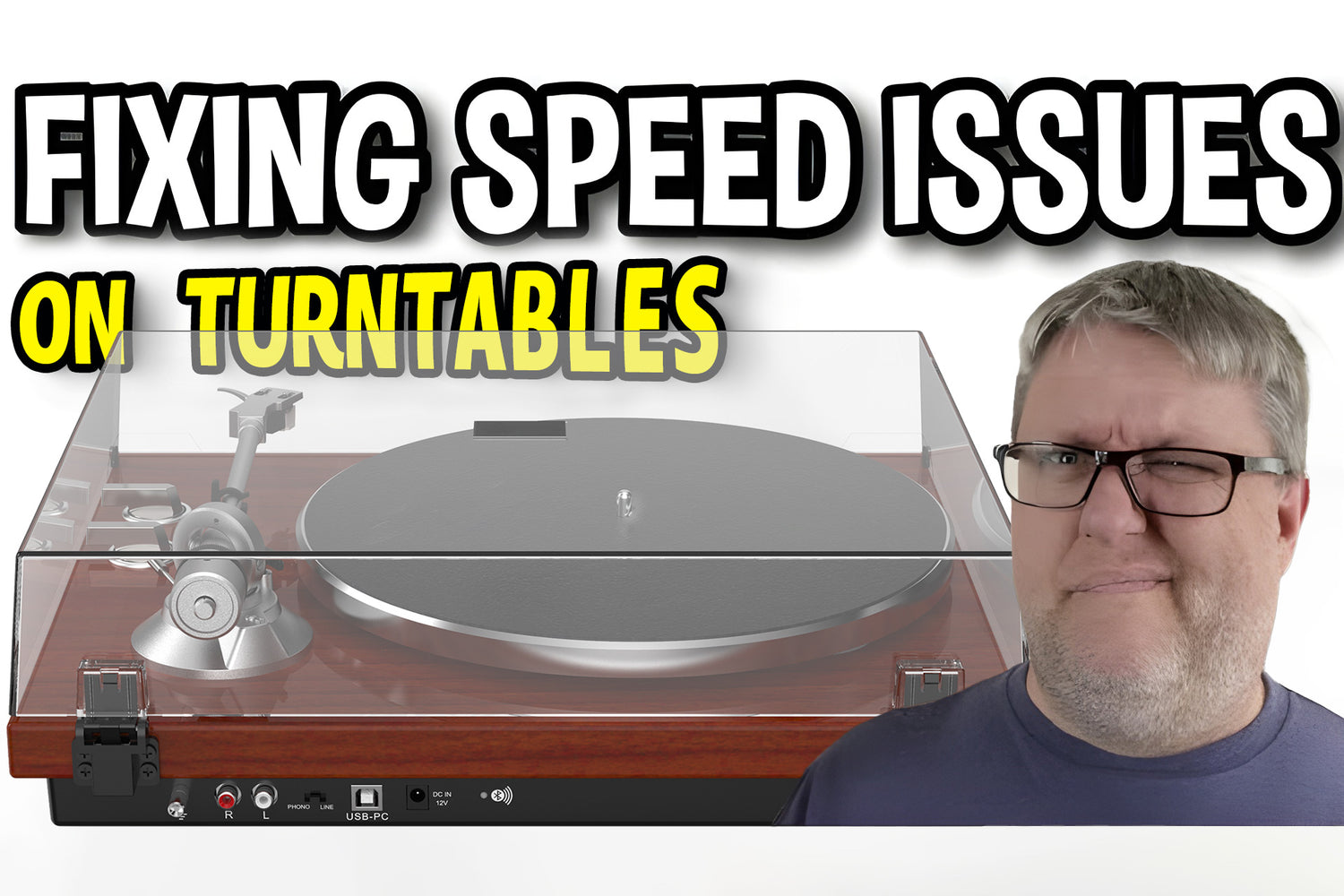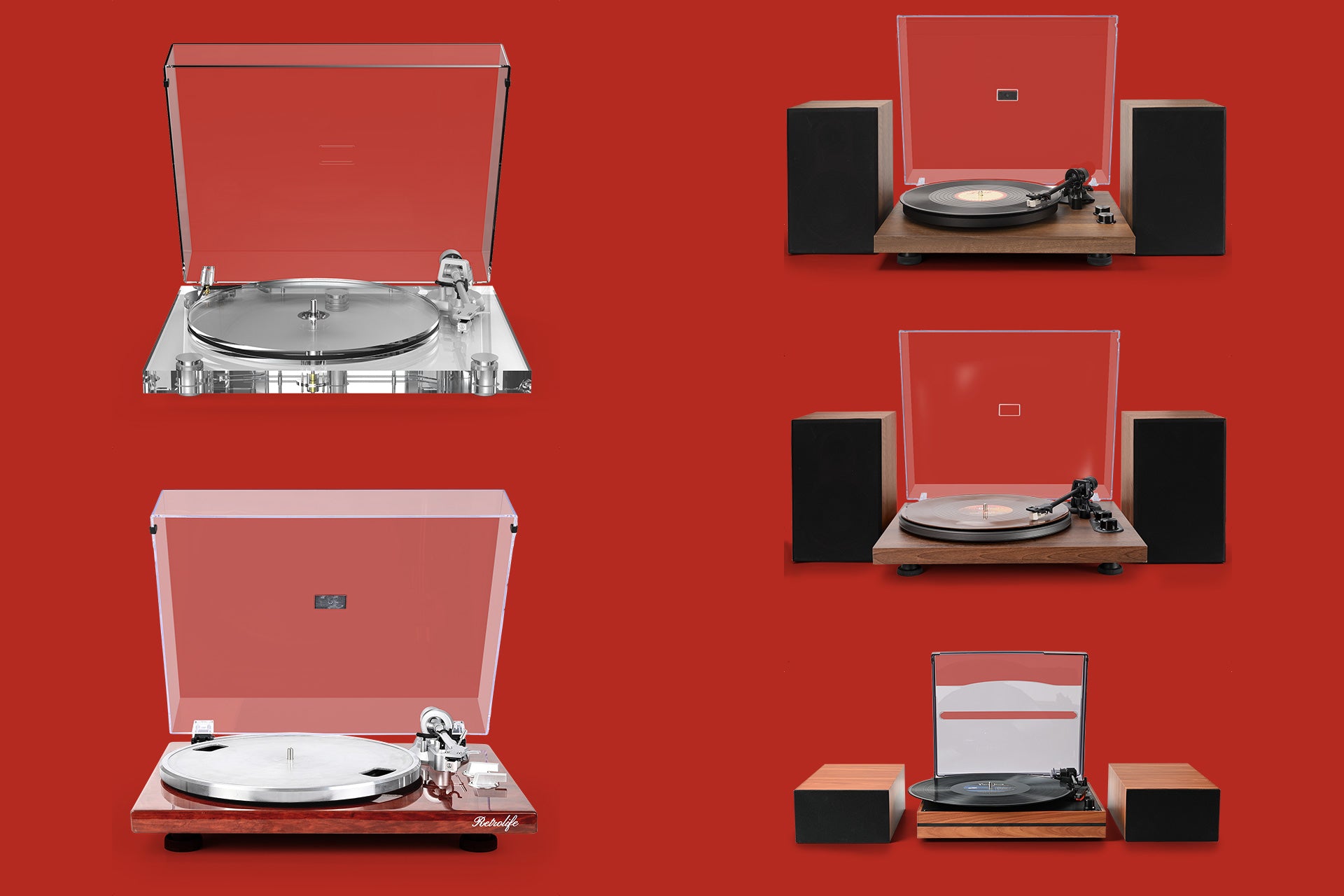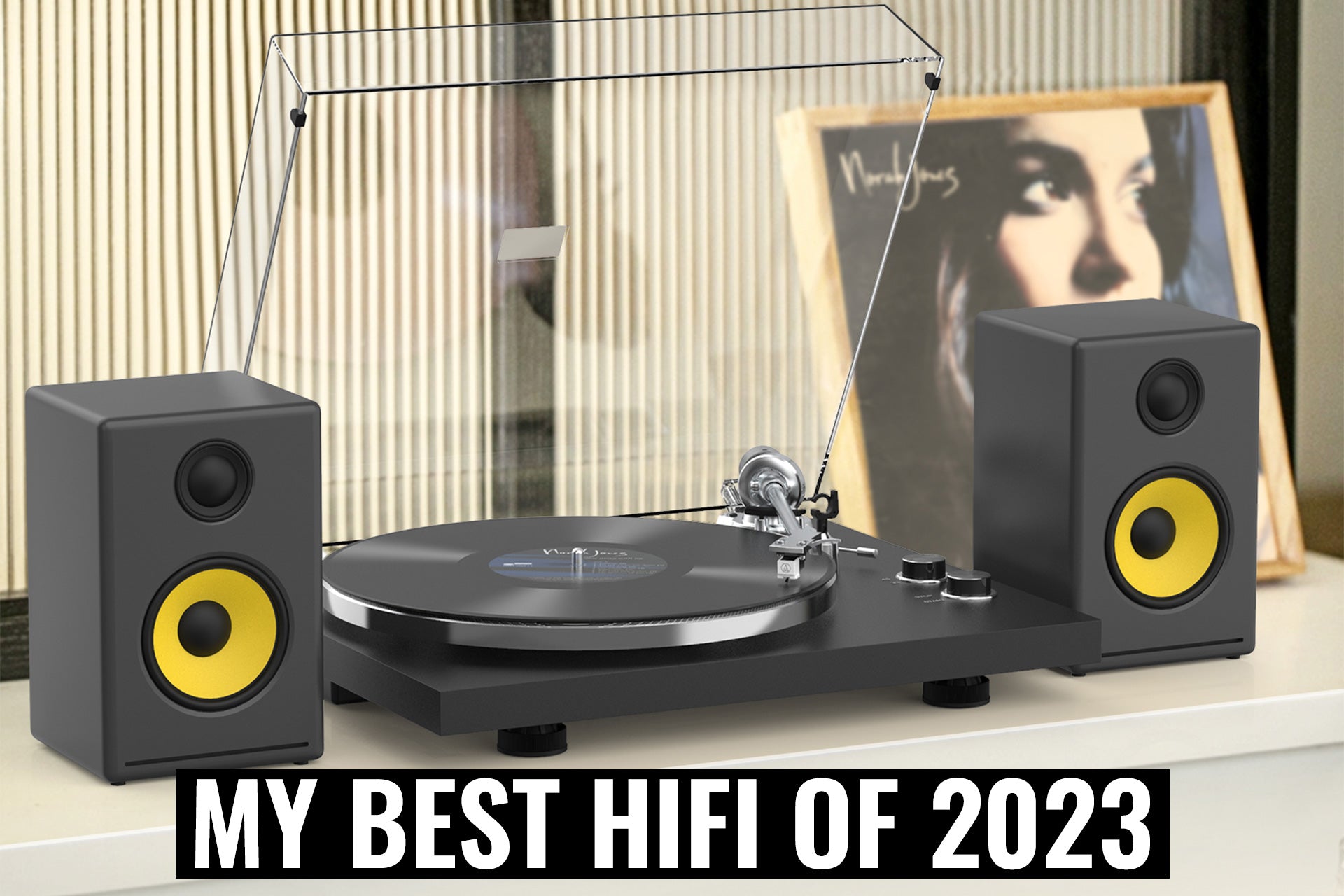The vinyl turntable, a classic audio equipment known as the "charm of music", has been accompanying music lovers for many years. However, normal vinyl turntable rotation speed is one of the key factors in ensuring perfect sound quality. If your vinyl record is played too fast or too slow, it will affect the sound quality and listening experience of the music. In this blog post, we’ll take a closer look at how to identify, resolve, and prevent vinyl turntable spin issues to ensure your musical journey always goes as planned.
Part 1: Signs of RPM Problems
Before you can solve your vinyl turntable spin problem, you first need to know how to identify the problem. Here are some common signs that your vinyl turntable may have rotational issues:
1.1 Music sound is abnormal
- Too fast: If your music sounds sharp and high-pitched, it may be because the vinyl turntable is playing too fast.
- Speed is too slow: If your music sounds muffled and low-pitched, it may be because your vinyl turntable is playing too slowly.
1.2 Time mismatch
- When a standard 12-inch vinyl record is played at 33⅓ rpm, each side usually takes 20-25 minutes to complete. If you notice that your record's play time deviates significantly from this range, that may be a sign of a RPM problem.
1.3 Tuning issues
- If you feel that the tone of your music is not correct, or the sound is significantly off the original song, it may be caused by a rotational speed problem.
1.4 Direct measurement
- Using a professional rotation speed measuring instrument, you can directly detect the rotation speed of the vinyl turntable. This is an accurate way to know for sure if a problem exists.
Part 2: How to solve the problem
Once it is confirmed that there is a vinyl turntable rotation speed problem, the next step is to solve the key part of the problem. Here are some ways to fix rotational speed issues:
2.1 Calibrating vinyl turntable
Some vinyl turntables have built-in calibration options to help you adjust the RPM. Typically, these options are located in the turntable base or motor area. Please refer to your vinyl turntable's owner's manual to learn how to calibrate it. Calibration usually involves fine-tuning the speed of the motor to ensure the turntable is spinning at the correct speed.
2.2 Replace belt
Vinyl turntables often use a belt to connect the motor to the platter. If the belt is loose or damaged, it can cause rotational speed problems. In this case, replacing the belt with a new one may solve the problem. Make sure you choose the right type of belt and replace it according to the manufacturer's guidelines.
2.3 Adjust motor control
Some vinyl turntables allow you to manually adjust the speed of the motor. This usually requires the use of specialist tools and equipment, so it's best to have it done by a professional technician. By fine-tuning the speed of the motor, you can precisely adjust the turntable's rotational speed and ensure it returns to normal.
2.4 Check for power issues
RPM issues can sometimes be related to the power supply. Make sure your vinyl turntable is connected to a stable power source and troubleshoot power issues. If the power supply is unstable, it may cause the motor to rotate at an inconsistent speed.
2.5 Seek professional repair
If you are unable to solve the problem on your own, or if the problem is very serious, it is recommended to seek professional vinyl turntable repair services. Professional technicians can check and repair rotational speed issues and ensure your vinyl turntable is back in working order.
Part 3: Preventing Speed Problems
In addition to solving speed problems, prevention is equally important. Here are some ways to help prevent vinyl turntable spin problems from occurring:
3.1 Regular maintenance
Regularly maintain your vinyl turntable, including cleaning and lubricating key components, to ensure it runs smoothly. Accumulated dust and dirt can affect the performance of the motor and belt.
3.2 Use the appropriate needle and record
Make sure your needle and record are of high quality and match. A low-quality stylus or worn record can negatively affect sound quality and rpm.
3.3 Avoid sudden power outages
Sudden power outages can damage the motor, so make sure your vinyl turntable is on a stable power supply and avoid turning the power on and off frequently while playing.
3.4 Handle records with care
Handle your vinyl records carefully to avoid scratches or damage. Scratches and dents can cause rpm issues.
Conclusion
The vinyl turntable is one of the classics of music, bringing a warm, romantic and retro sound quality. However, rpm issues can threaten perfect playback of your music. By identifying, resolving, and preventing vinyl turntable spin problems, you can ensure your musical journey remains engaging. If you encounter problems, don't hesitate to take appropriate measures to ensure your music experience is always the best it can be. Whether you're a seasoned record enthusiast or a newbie, these tips will help you enjoy the magic of vinyl music. Keep spinning and have a great musical journey!












Leave a comment
All comments are moderated before being published.
This site is protected by hCaptcha and the hCaptcha Privacy Policy and Terms of Service apply.